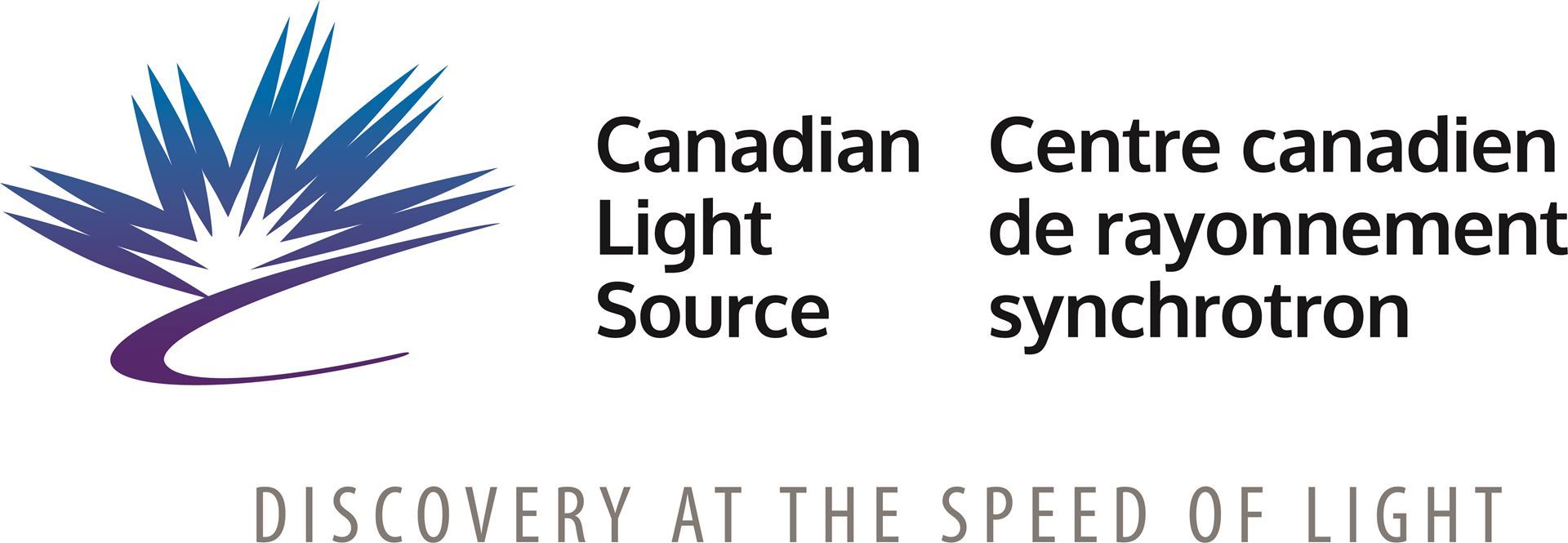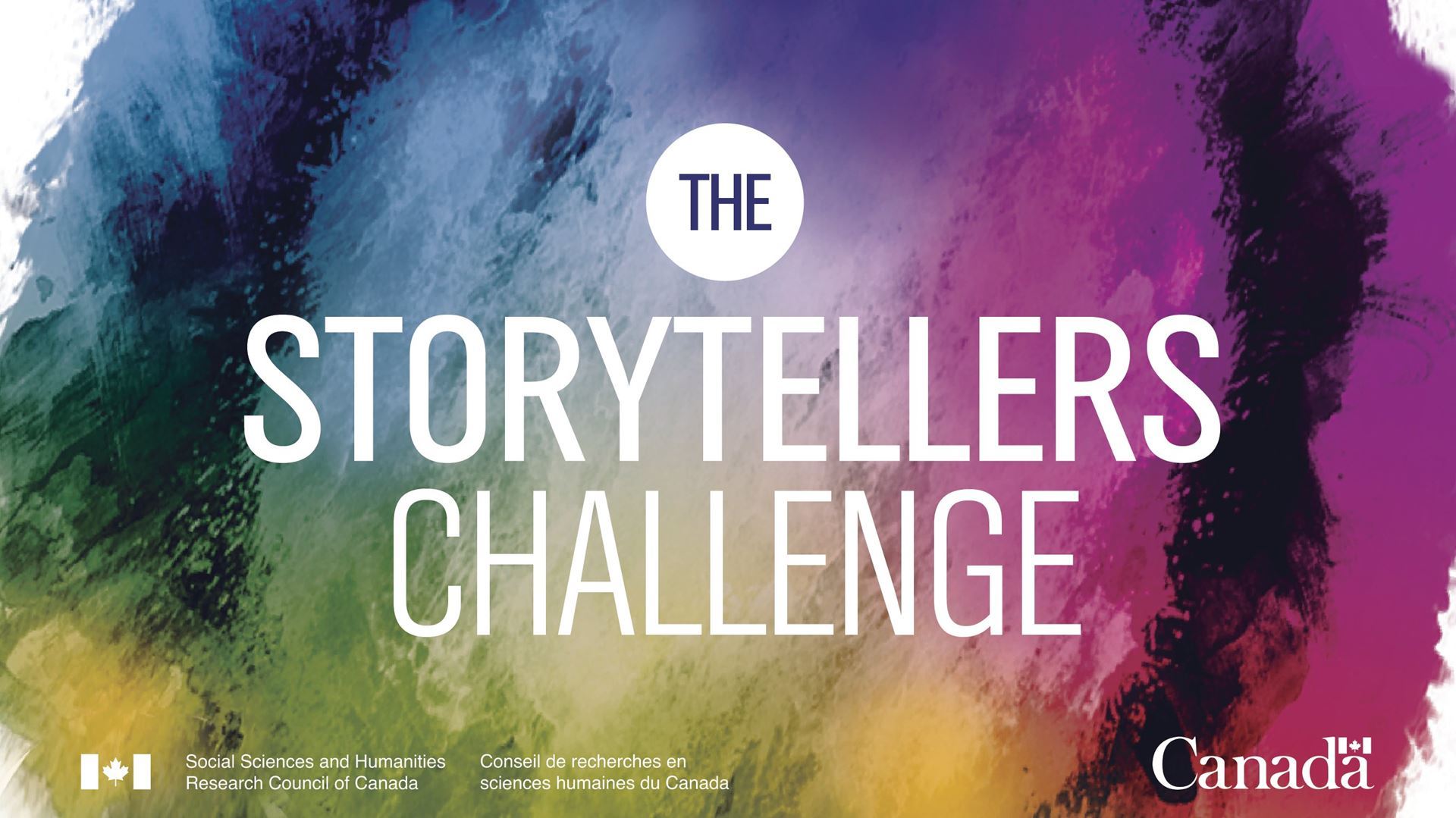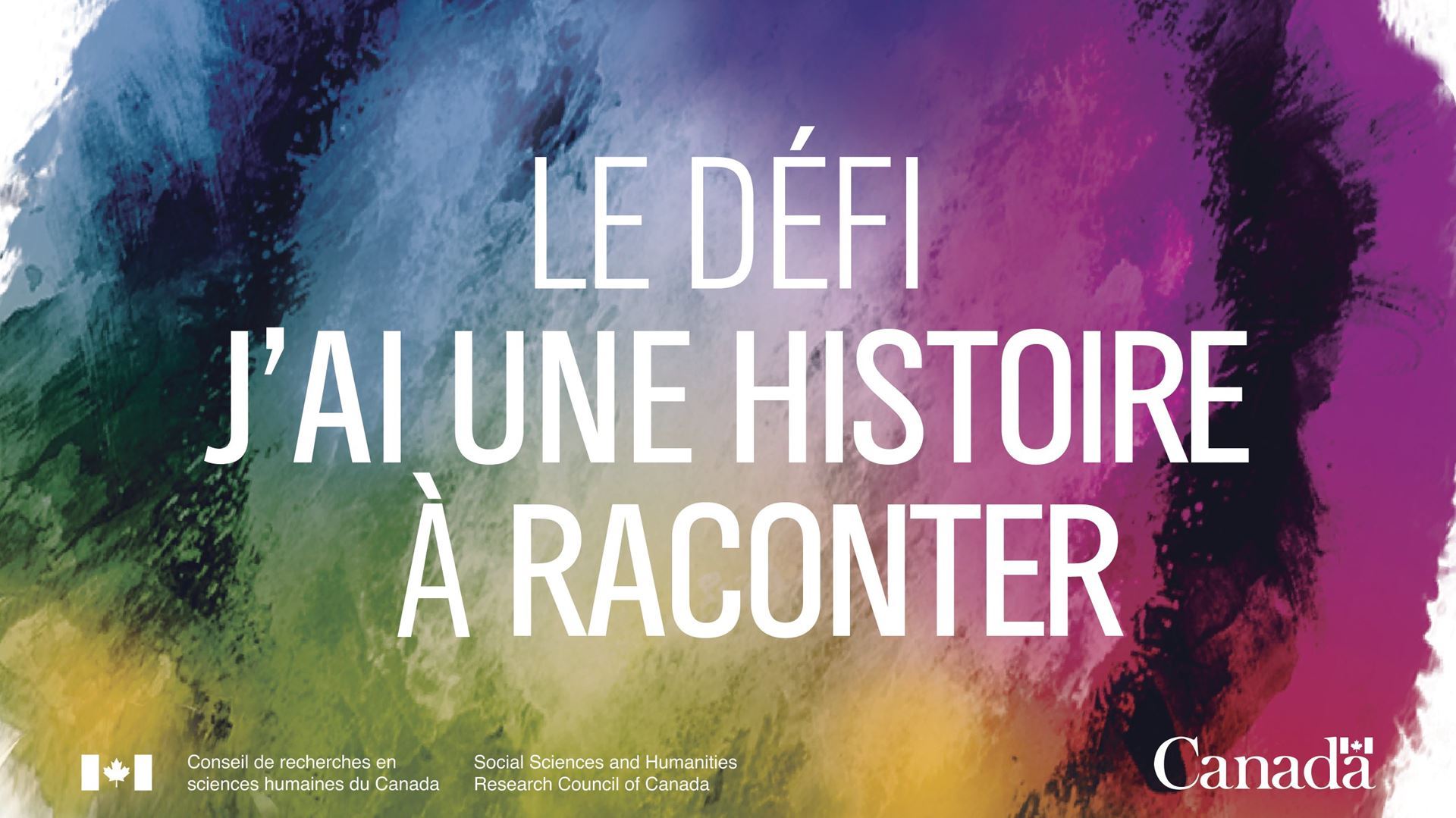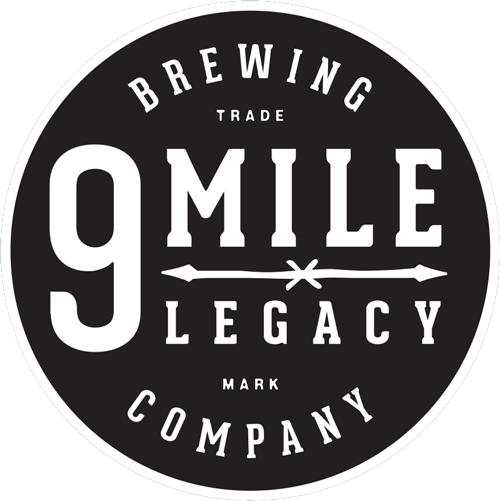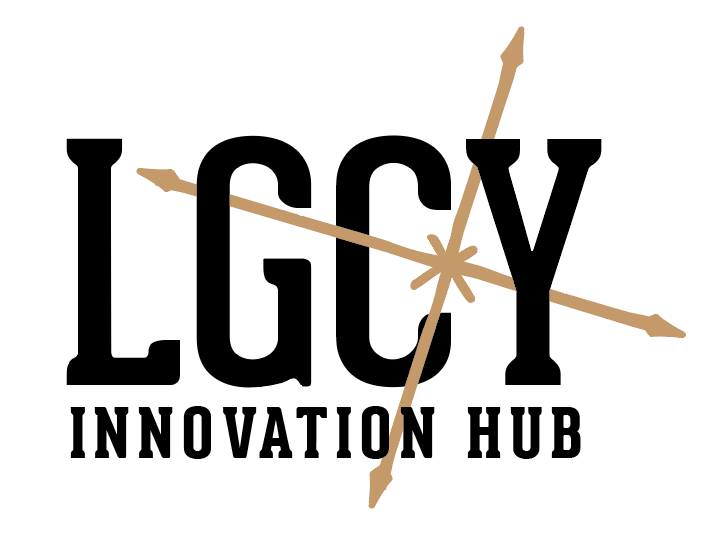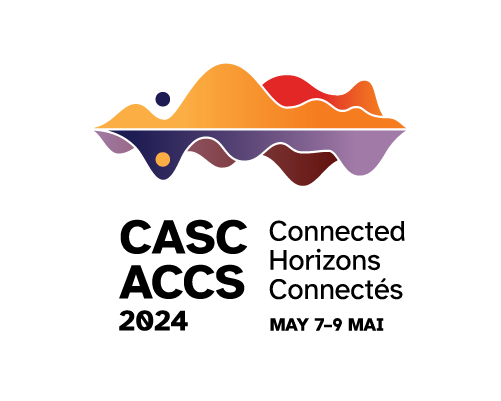2024 conference program
Our 2024 'Expanding Horizons' Conference in Saskatoon is taking shape!
.jpg)
Saturday May 4th: Pre Conference Events
8:30 AM - 12:00 PM
Plain Language WorkshopArts 109, University of SaskatchewanScience writing is supposed to be dense, written in passive voice, and filled with jargon. Isn’t it? Jargon can be a convenient shorthand when you’re communicating with others who also speak that language. However, it doesn’t work well when you’re trying to communicate with a non-scientific audience. For that matter, even other scientists might not understand you if they’re not from the same discipline. In this interactive workshop, we’ll explore plain language and how to use it to make your science and technical communication easier to understand. Some of the questions we’ll tackle together include:
By the end of the workshop, you will have a good understanding of what plain language is and the benefits of using it to make your science communication more accessible and engaging. You’ll practice using plain language techniques to make your writing more effective and engaging and apply plain language design principles to improve readability. Michelle Boulton is the managing director of 3c Publications. She began her career as a journalist, worked in marketing and print production, and eventually launched her own company. 3c Publications is a collaborative team of communication professionals (writers, editors, translators, and designers) with diverse skills and experience in a wide range of industries. They use evidence-based clear communication (or plain language) principles to help clients translate complex information into content that is clear and easy for everyone to understand and use. They work with a broad range of clients, including Ag-West Bio, Canadian Association of Bovine Practitioners, Canadian Centre on Substance Use and Addiction, Canadian Radiation Protection Association, NexGen Energy, Saskatchewan Polytechnic, and Vaccine and Infectious Disease Organization (VIDO). Michelle is a member of SWCC, a past president of Editors Canada, and the current head of Plain Canada Clair. |
1:00 PM - 4:30 PM |
Canadian Light Source + VIDO+Rayner Dairy Research and Teaching Facility TourJoin us for a pre-conference guided tour of three pinnacle research institutions settled on the grounds of the University of Saskatchewan, the Canadian Light Source, The Vaccine and Infectious Disease Organization (VIDO) and the Rayner Dairy Research and Teaching Facility. About the Facilities:
The Canadian Light Source (CLS) is one of the largest science projects in Canada’s history. Our facility speeds up electrons to produce intensely bright synchrotron light that allows scientists to study materials at a molecular level. Over 1,000 researchers from around the world use the CLS every year. On your tour, you'll learn about our history, how our machine works, and examples of how researchers have used our facility to conduct ground-breaking research in the fields of health, agriculture, the environment, and advanced materials. Website: https://www.lightsource.ca/
The Vaccine and Infectious Disease Organization (VIDO) is Canada’s Centre for Pandemic Research. Part of the University of Saskatchewan, VIDO is a leader in human and animal infectious disease research and vaccine development. For almost 50 years, VIDO has developed solutions to emerging diseases including eight commercially available vaccines—six of which were world's firsts. VIDO has some of the largest and most advanced level 3 containment facilities in the world and is expanding its specialized infrastructure to include a GMP manufacturing facility, a new housing animal facility, and level 4 containment research capacity. Website: www.vido.org
Located in the Rayner Dairy Research and Teaching Facility at the University of Saskatchewan, the Feeding the World Interpretive Center uses dairy production as a way for visitors to explore the agricultural story of Saskatchewan and its role in global food production. Featuring an overhead walkway, the barn provides a bird’s-eye view of the herd, milking parlour and computer-based milking robot. |
7:00 PM |
Opening ReceptionBokeh Lounge - Alt Hotel |
Sunday May 5th: Conference Sessions
8:00 AM - 8:45 AM
Registration: Breakfast Provided |
8:45 AM - 9:00 AM |
Welcoming Remarks |
9:00 AM - 10:00 AM |
Opening Keynote: Wakotawin to live together in right relationsIndigo Room
Priscilla Settee and Diya Khamar’s keynote will describe some of the large challenges facing humanity and the natural world today and why there is an urgency particularly among knowledge creators and within higher learning to view our work in solving these challenges as critical, creative, and life transforming. Indigenous communities are particularly impacted, not just in Canada but throughout the globe, by “development” that largely benefits outside interests but impacts local land-based and Indigenous economies. The message of the keynote is to take positive actions that educate and involve citizen participation; to shift economies toward resources that are gentler, more diverse, and community led; to prioritize resources that critically examine power relations and are respectful of the natural world. The speakers—a seasoned academic and a visionary student invite participants to think of the well-being of the next seven generations and approaches that include Indigenous values of wichitowin(doing something for the greater good), wakotawin(we are all related). Dr. Priscilla Settee is professor emeritus in the College of Arts & Science at the U of S. She is Swampy Cree and a member of Cumberland House First Nation. Dr. Settee is the author of several books, including PIMATISIWIN: The Good Life, Global Indigenous Knowledge Systems and The Strength of Women: Âhkamêyimowak. Her latest co-edited book is Indigenous Food Systems: Concepts, Cases, and Conversations. Among her honours includes being named one of the three recipients of a 2019-20 David Suzuki Fellowship. She was also one of 21 Indigenous organizers, activists, social entrepreneurs and cultural practitioners from across North America to be named a 2021 NDN Changemaker Fellow. Diya Khamar is an ambitious undergraduate student specializing in biomedical sciences. She has a passion for digital marketing and is fascinated by the art of science communication. She is dedicated to bridging the gap between complex scientific concepts and a broader audience. Her commitment to conveying the wonder of research in an accessible manner has led her to explore and integrate science, marketing, and artistic expression. |
10:30 AM - 12:00 PM |
Bridging Worlds: Sharing Science Across Generations, Cultures, and Knowledge EcosystemsIndigo RoomJoin us to explore communication and knowledge transmission strategies for youth-focused STEM outreach. Panelists CJ Woodford (University of Toronto, Physics), ZHE | Zoe Slusar (USask Science Ambassador Program) and Cree Longjohn (USask Kamskénow) bring a combined decade of experience working in distinct cultural contexts, from downtown Toronto, to community schools in Saskatoon, to remote Northern Indigenous communities. What approaches resonate with community priorities in these spaces? How can attention to language and pedagogy invite community participation and conversation? How can we collaborate, as educators and science communicators, to ignite a passion for collaborative and culturally-responsive discovery among the scientists of tomorrow? Panelists:
Facilitator:
| Technology Meets Communications - Open SpaceCyan RoomGenerative AI can be a polarizing topic, and many communicators are taking a measured approach to exploring the potential benefits and drawbacks of this emerging technology. We are opening the conversation and making space for all the perspectives in an ongoing Open-Space-style event at our conference. A facilitated session will open the conversation, and the space will remain open for the remainder of the conference. We will then gather the input and determine how to best use it – either in ongoing member meet-ups, a position statement, or other possible approaches, depending on the direction the Open Space takes. Faciliators:
|
Lunch 12:00 PM - 1:00 PM |
1:00 PM - 2:30 PM
Methods of Engagement for Policies that Bring Meaningful ChangeIndigo RoomA conversation between stakeholders navigating colonized frameworks, working towards system change and decolonization in various organizations (universities, Indigenous governing bodies) across Turtle Island. Panelists:
| Technology Meets Communications - Open SpaceLime RoomGenerative AI can be a polarizing topic, and many communicators are taking a measured approach to exploring the potential benefits and drawbacks of this emerging technology. We are opening the conversation and making space for all the perspectives in an ongoing Open-Space-style event at our conference. A facilitated session will open the conversation, and the space will remain open for the remainder of the conference. We will then gather the input and determine how to best use it – either in ongoing member meet-ups, a position statement, or other possible approaches, depending on the direction the Open Space takes. Faciliators:
|
Break 2:30 PM - 3:00 PM |
3:00 PM - 4:30 PM |
Co-creating New Models for Science CommunicationIndigo RoomIn a changing science communication landscape, how can journalists and others continue to make a living producing quality scientific outputs? What are the benefits of working for mainstream media outlets compared to working on independent projects or building a personal brand? A panel of experts in journalism and digital communications will explore these questions, helping clarify promising new directions for science communication in Canada. This session is intentionally scheduled at the end of the day so that any overflow discussion can spill over into happy hour. Panelists:
| An Introduction to Indigenous Ways of Knowing
Cyan RoomJourney into the world of the nehiyawak of Treat 6 territory. Come prepared to learn one indigenous language, one song, and one world view. There may also be one dance. This will be an embodied experience of the journey of one indigenous being who studied with elders from all walks of Indigenous life. Kitatamiskatinawaw – I acknowledge you from where I stand from my heart, mind, and body on this land we share. Speaker:
Joseph Naytowhow, College of Law, University of Saskatchewan where he serves as Emerging Elder/Cultural Advisor. | Technology Meets Communications - Open SpaceLime RoomGenerative AI can be a polarizing topic, and many communicators are taking a measured approach to exploring the potential benefits and drawbacks of this emerging technology. We are opening the conversation and making space for all the perspectives in an ongoing Open-Space-style event at our conference. A facilitated session will open the conversation, and the space will remain open for the remainder of the conference. We will then gather the input and determine how to best use it – either in ongoing member meet-ups, a position statement, or other possible approaches, depending on the direction the Open Space takes. Faciliators:
|
6:00 PM - 8:00 PM |
Dine Around SaskatoonIn typical SWCC tradition, there will be a "Dine-Around" on Sunday night. If you are interested in the "Dine-Around" we will have a sign-up available at the registration table during the conference. |
Monday May 6th: Conference Sessions |
7:30 AM - 8:30 AM |
Breakfast |
8:30 AM - 10:00 AM |
Knowledge Mobilization WorkshopInterdisciplinarity and community work in science communication: are we ready yet?Indigo RoomThe secret sauce to successful knowledge mobilization and dissemination isn't just in the content—it's all about building trust relationships with research users. Higher education in science contrastingly values ultra specialization, leaving researchers helpless to face interdisciplinarity and community engagement demanded by funding agencies. However, "interdisciplinarity" and "community work" aren't just buzzwords. They're the keys to unlocking a world where science communication sparks real, tangible change. In this workshop, we'll work on concrete examples to navigate across disciplines and institutional cultures. We'll explore innovative solutions to connect with your audience and mobilize communities. Get ready to amplify the impact of science communication and become a catalyst for change! Speaker:Estelle Chamoux, professor in cell biology at Bishop's University. | Merging Art and ScienceCyan RoomIn many contemporary research programs, practitioners looking for increasingly creative methodologies for knowledge mobilization often turn to practices within fine and performing arts. There is the danger of instrumentalization when academics approach artistic practice as a rhetorical tool, overriding its actuality as inquiry, a gesture towards others, a means of changing conditions, and of creating a shared experience – not intended as a message delivery system. This panel invites conversation between Jérôme Côté of the Neuro Show, a theatre performance with integrated scientific content that engages its audience to discuss scientific topics with invited researchers, Ruth Cuthand, an Indigenous artist who creates images of diverse brains using traditional methodologies like beading (and so much more), and jake moore, who creates large scale installations that often materialize phenomena as sound, using sensors and common communication technologies. Each will provide a short introduction to their practices, engage in open conversation with the audience and each other, and conclude with a tour of the work A Sound That Never Was, produced by The Dim Coast, (jake moore and Steve Bates) currently installed at the Remai Modern. Artists:
|
Break 10:00 AM - 10:30 AM |
10:30 AM - 12:00 PM |
SSHRC’s 2024 Storytellers Challenge ShowcaseAmazing social sciences and humanities research stories in 3 minutes or in 300 words
Remai Modern Art gallery, River View Room
What impact does social sciences and humanities research have on our lives and the world around us? Find out at the 2024 Storytellers Challenge Showcase! This annual competition challenges postsecondary students across the country to inspire audiences with a research story – in up to 300 words or three minutes – of how SSHRC-funded research is making a difference in the lives of Canadians. Join our live audience to see the Storytellers finalists compete for a Final Five spot and a chance at $1,000! Emcee:Stefan Keyes, Journalist, CTV News Ottawa Judges:Sumeep Bath, Editorial and Communications Manager, International Institute for Sustainable Development Estelle Chamoux, Professor of cell biology and science communication, Bishop’s University Joanna Smith, Editor in chief for Kathari News |
Lunch 12:00 PM - 1:00 PM |
1:00 PM - 2:30 PM |
Speed Mentoring: A Peer-to-Peer Support SessionIndigo RoomJoin us for an opportunity to learn more about mentoring and how it can help your career and organization. Mentoring helps open the door for professional interaction and break some of the formal "ice". The goal is to help forge meaningful connections, elevate your networking and sharpen rapport-building skills in a safe and fun environment. We’ll discuss unique and valuable ways to mentor, network and engage with colleagues that share your professional interests. There's something for everyone! Speakers:
| In the ACTIVE VOICE: Knowledge, Communication and CommunityCyan RoomThis panel will feature four “science communicators” based in Saskatchewan, all of whom combine knowledge-sharing with community engagement and advocacy for the lands and waters of kihci okâwîmâw askiy, Mother Earth. Each of the participants has a different story to tell about the way they work, whether through research, writing, visual art, ceremony, community building or activism, as they respond to the challenges of colonialism and the environmental crisis. Panelists:
Facilitator:
|
Break 2:30 PM - 3:00 PM |
3:00 PM - 3:15 PM |
Technology Meets Communications – Open Space Wrap UpIndigo Room |
3:15 PM - 4:15 PM |
Closing Keynote: Science, Art, Past, Future: Narrative ExperimentsIndigo RoomThe science communicator is a translator, operating in many languages at once in order to take the technical, esoteric, and numerical and make them accessible to all. They are also a conduit between the past and future, helping to decide what is new and novel, taking on the task of historian in real time. Indeed, the ability to link a scientific development to one’s past or present experience can make all the difference between whether there is public buy-in or not, which seems more crucial today than ever. In this talk, Steven Rayan will offer some thoughts on these roles of the communicator and writer. He will also highlight some experiments he has participated in that see the technical, esoteric, and numerical made into art—not as inspiration, but as translation and, ultimately, as communication. Steven Rayan (PhD Oxford 2011, he/him) serves as the Founding Director of the University of Saskatchewan’s quantum research centre (quanTA), in parallel to his roles as Professor of Mathematics and Director of Interdisciplinary Programming at the university. His research focuses on both the theory and practical elements of quantum science. He is the recipient of several research and teaching prizes, and has delivered nearly 100 invited talks in the past 15 years, including a 2023 TEDx talk titled "Quantum Magic: Using Mathematics and Art to Make the Impossible Possible". Over the past 5 years, he has collaborated closely with artists to find new ways to tell quantum stories to the world. |
6:00 PM - 8:00 PM |
Networking Event9Mile Legacy microbrewery(402 21st Street W)CASC and SWCC delegates have one more option to meet up in Saskatoon. Join us at 9Mile Legacy micro-brewery for a founders' tour and tasting with a dinner featuring Saskatchewan ingredients, catered in the taproom by neighbourhood favourite, Odd Couple Asian Restaurant and bar. Mingle, nosh, sample some beers, connect with colleagues, and be among the first to learn about some of 9 Mile Legacy's ambitious local collaborations planned in their new demonstration level fermentation lab, the LGCY: Innovation Hub. Must be 19 years of age or older to attend.
|

